군무원 현직
사용자가 검색한 키워드: 군무원 현직 여자 군무원 생활, 군무원 현실, 군무원 연봉, 군무원 기술직, 군무원 혜택, 여자 군무원 결혼, 군무원 연봉 인증, 군무원 월급명세서
Categories: Top 63 군무원 현직
군무원 준비하는 사람은 필수시청!!!!(현직은 클릭금지…현타와요…..)
여기에서 자세히 보기: chinhphucnang.com
여자 군무원 생활
South Korea is famous for its military culture. It is compulsory for all able-bodied men to serve in the military for around two years, and it has been so since the Korean War. However, the military service for women is optional and their roles in the military have been largely restricted due to gender stereotypes and biases. Nevertheless, women have been serving in the South Korean military since the 1950s, and the country’s military currently has more than 5,000 female soldiers. 여자 군무원, or women soldiers, as they are called, are the minority in military service, but their experiences and perspectives deserve attention.
In this article, we will delve into the life of 여자 군무원, addressing the challenges they face and the reasons why more women do not choose military service in South Korea.
Challenges of being a 여자 군무원
The life of a 여자 군무원 is not easy. They have to go through the same basic training as their male counterparts, which is physically and mentally demanding. However, they face additional challenges due to gender bias and discrimination.
Firstly, women in the military have to deal with stereotypes and prejudices. The prevailing patriarchal values in South Korea create a stereotypical notion that women are weak and not suited for combat-related duties. As a result, women are restricted to non-combat positions such as administrative, medical or logistics functions, and are not allowed to serve in front-line units.
Secondly, the lack of female soldiers means that women are often isolated and have to deal with sexual harassment or assault. Recently, there have been numerous cases of sexual misconduct and abuse in the South Korean military. In the past, when women were a small minority in the military, there were even fewer avenues available to report such cases, and women often faced retaliation or were accused of lying.
Thirdly, women in the military face a different set of expectations when they return home, as they have to navigate the norms of Korean society. In Korean culture, gender roles are still quite rigid, and women are expected to conform to a certain image of femininity. Women who are serving in the military are often perceived as less feminine, and they may experience social ostracism or difficulty in finding a spouse after their discharge.
Why don’t more women choose military service in South Korea?
Given the challenges described above, it is not surprising that not many women choose to serve in the military in South Korea. According to the Ministry of Gender Equality and Family, only 13% of women who are eligible for military service in South Korea actually serve. The following are some reasons why more women don’t choose military service:
Firstly, culture. As mentioned earlier, the expectations of Korean society for women make military service a less attractive option for women. It is considered “unfeminine,” and women who serve in the military are often perceived as rebellious or defying traditional gender norms.
Secondly, lack of role models. Women who consider military service may be discouraged by the absence of female leaders or role models in the military. The few women who have made it to higher ranks have had to overcome numerous challenges and may not be representative of the experience of most female soldiers.
Thirdly, the inadequate support system for women in the military is discouraging. There are few opportunities for women to report grievances or seek psychological support for the difficulties they face. These issues have worsened in the wake of several high-profile cases of abuse and misconduct in the military. Women who are considering military service may feel they are alone and vulnerable to exploitation in such a male-dominated environment.
FAQs
Q: What is the duration of military service for women in South Korea?
A: Military service is optional for women in South Korea. The duration of military service is the same for both men and women, which is around two years.
Q: What are the roles of women in the South Korean military?
A: Women in the South Korean military are largely restricted to non-combat roles, such as administrative, medical, or logistics functions. They are not allowed to serve in front-line units.
Q: What are some of the challenges faced by women in the military?
A: Women in the South Korean military face a number of challenges, such as gender bias and discrimination, sexual harassment and assault, and difficulty in reintegrating into society after their discharge.
Q: Why don’t more women choose to serve in the military in South Korea?
A: Some of the reasons why more women don’t choose military service in South Korea include cultural expectations, lack of role models, and an inadequate support system for women in the military.
Conclusion
The life of a 여자 군무원 is certainly challenging, but it is also an experience that can bring rewards and pride. Women who choose to serve in the military in South Korea demonstrate courage and dedication, and they contribute to the country’s national defense. However, much still needs to be done to address the issues that discourage women from serving, from changing cultural attitudes to establishing more robust support systems. Until these issues are addressed, women in the South Korean military will continue to face unnecessary and unfair challenges.
군무원 현실
Military service is mandatory for all able-bodied Korean men. This has been a long-standing tradition in the country, which aims to ensure national security and maintain the strength of the military forces. Military service offers an opportunity for young men to undergo rigorous training, develop discipline, and become responsible citizens. However, the reality of serving in the military is not always as ideal as it sounds. This article delves into the details of 군무원 현실 – the reality of military service in South Korea.
Service Periods and Branches
The mandatory military service period in South Korea is 18 months for the Army and Marine Corps, 20 months for the Navy, and 22 months for the Air Force. The service period is determined by a lottery system based on birthdates. Men between the ages of 18 and 28 are required to fulfill their duty. Those who seek to defer or avoid military service must provide valid reasons, such as medical conditions or continuing education.
The military branches in South Korea include the Army, Marine Corps, Navy, and Air Force. The Army is the largest branch, with approximately 550,000 active-duty soldiers. The Marine Corps is a specialized unit that conducts amphibious and expeditionary operations. The Navy is responsible for safeguarding the country’s maritime borders and supporting allied forces. The Air Force conducts aerial operations and provides air defense capabilities.
Living Conditions
During military service, soldiers undergo barracks-based training and live in close quarters with their fellow soldiers. The living conditions in barracks are minimal and simple, with basic amenities such as bunk beds, lockers, and shared bathroom facilities. Soldiers are usually not allowed to bring personal belongings such as cellphones, laptops, and music players.
Soldiers are required to adhere to strict rules and regulations, including a curfew, dress code, and daily routines. Physical training, such as running, push-ups, and drills, is mandatory. Soldiers are also required to maintain proper hygiene and keep their living spaces clean.
Pay and Benefits
Soldiers receive a modest monthly salary, which varies depending on their rank, branch, and service period. The salary ranges from 309,000 KRW (approximately $263 USD) for a private in the Army to 368,000 KRW (approximately $313 USD) for a staff sergeant in the Air Force. Soldiers are also entitled to various benefits, such as health insurance, pension, compensation for work-related injuries, and paid vacation.
Soldiers are provided with three meals a day in military dining facilities, which offer simple and nutritious food. Soldiers are not allowed to eat outside of these facilities without permission, and they are required to follow a strict meal schedule.
Training and Work Assignments
Military training in South Korea is known for its rigor and intensity. Boots camp training is mandatory for all soldiers and involves rigorous physical and mental drills. Training programs are designed to develop discipline, teamwork, and combat skills. Soldiers are also required to undergo weapons training and marksmanship training, which involves handling guns and ammunition.
After boot camp, soldiers are assigned to various duties according to their branch and specialty. Some soldiers are assigned to work in administrative roles, while others may be involved in combat operations. Soldiers may also be deployed to remote areas, such as the Korean demilitarized zone (DMZ), for border security.
Challenges and Mental Health
Military service can be physically and mentally challenging for soldiers. The intense training, long hours, and strict rules can take a toll on soldiers’ mental health. Soldiers may experience stress, anxiety, depression, or other mental health problems. The military provides mental health resources for soldiers, including counseling, therapy, and medication. However, there is still a stigma surrounding mental health in the military, and many soldiers may be reluctant to seek help.
Additionally, Korean soldiers face unique challenges related to the heightened tensions with North Korea and the possibility of conflict. The DMZ remains one of the most heavily guarded borders in the world, and soldiers stationed there face the constant threat of attack. The military provides training and support for soldiers in these areas, but it can still be a mentally and emotionally taxing experience.
Frequently Asked Questions:
Q: Is it mandatory for all Korean men to serve in the military?
A: Yes, military service is mandatory for all able-bodied Korean men.
Q: How long is the military service period?
A: The service period varies depending on the branch, ranging from 18 months for the Army to 22 months for the Air Force.
Q: What are the living conditions like for soldiers?
A: Soldiers live in barracks and share living spaces with other soldiers. The living conditions are minimal and simple, with basic amenities such as bunk beds, lockers, and shared bathroom facilities.
Q: What is the salary for soldiers?
A: Soldiers receive a modest monthly salary, which varies depending on their rank, branch, and service period.
Q: What are some of the challenges soldiers face in the military?
A: Soldiers may face physical and mental challenges due to intense training, strict rules, and long hours. There is also a stigma surrounding mental health in the military, which can prevent soldiers from seeking help.
Conclusion:
Military service is a mandatory rite of passage for Korean men, offering an opportunity for young men to develop discipline, teamwork, and combat skills. However, the reality of military service is not always ideal, with soldiers facing physical, mental, and emotional challenges. Despite these challenges, the military provides resources and support for soldiers, and many soldiers emerge from their service period as responsible and disciplined citizens. Understanding the reality of military service in South Korea is essential for anyone seeking to gain insight into Korean culture and society.
주제와 관련된 이미지 군무원 현직

군무원 현직 주제와 관련된 이미지 28개를 찾았습니다.


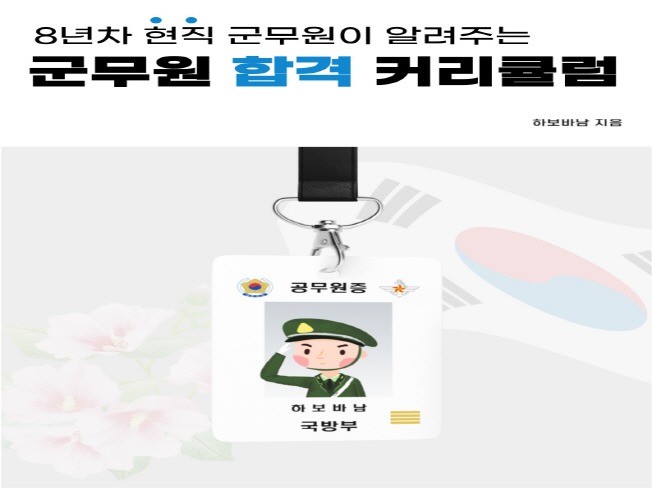
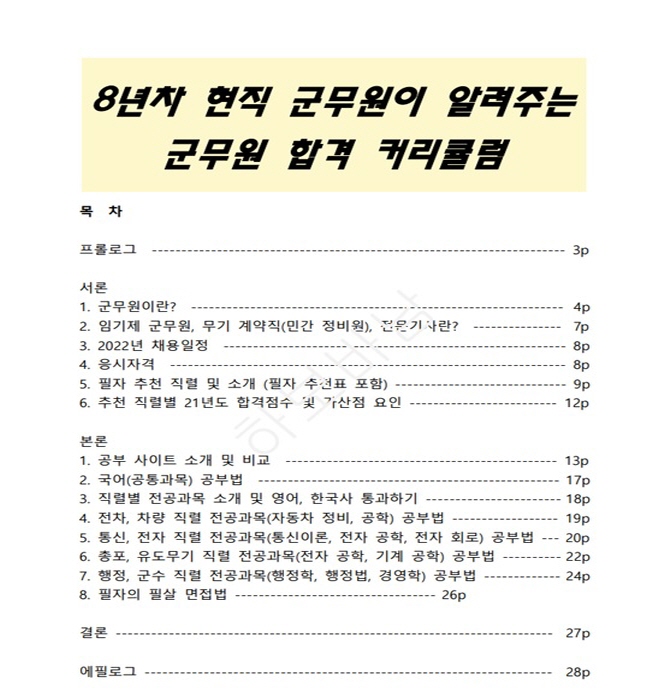
![사연]💌 군무원의 현실 (ft.현직) - YouTube 사연]💌 군무원의 현실 (Ft.현직) - Youtube](https://i.ytimg.com/vi/2hPKDYOnjVM/mqdefault.jpg)

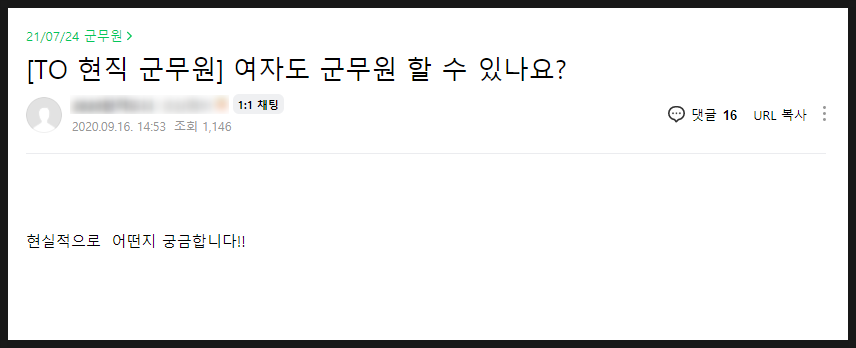


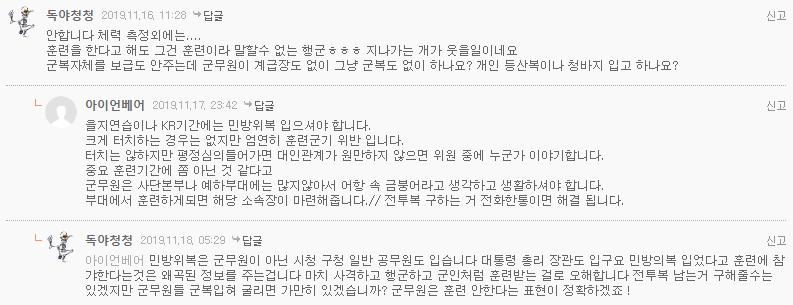
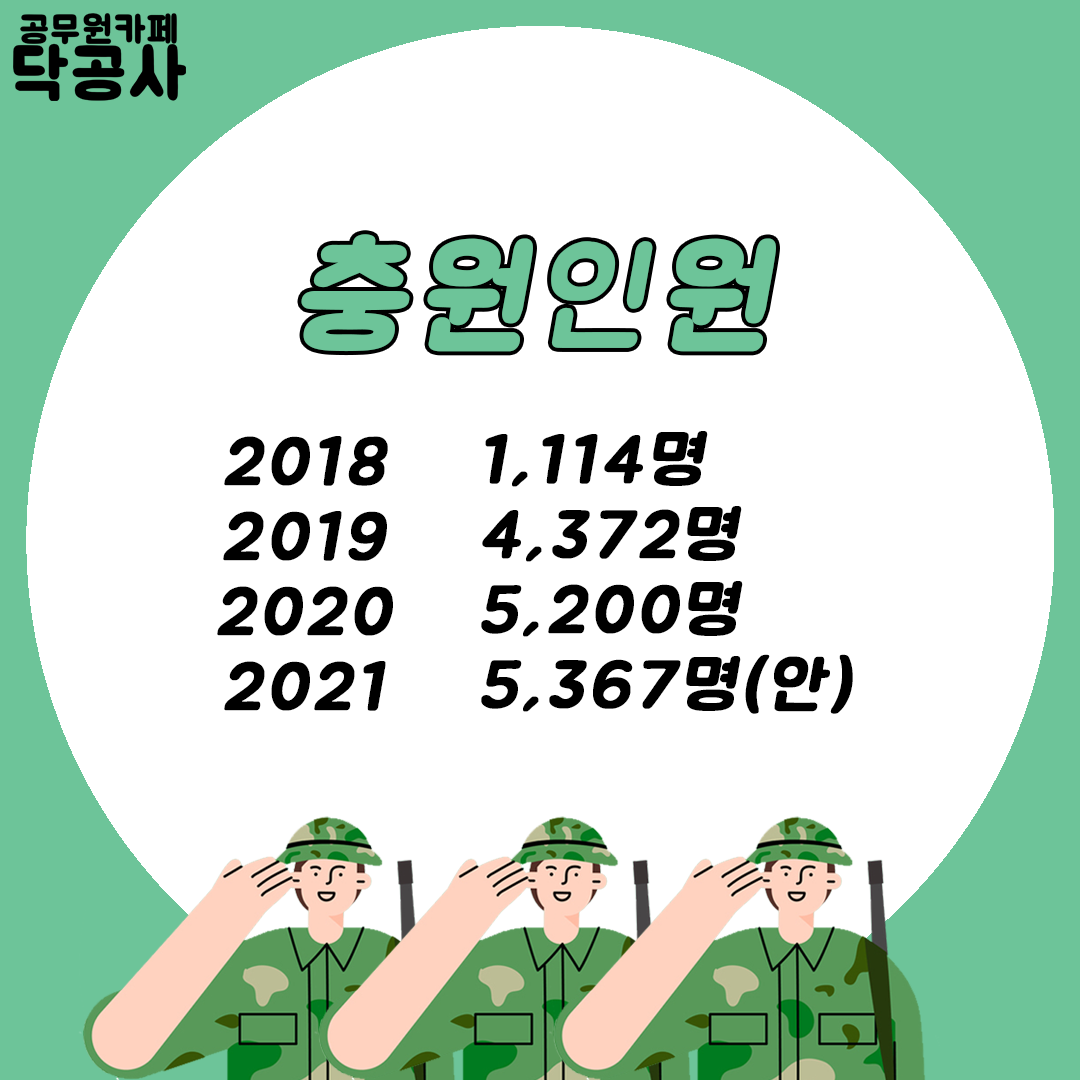


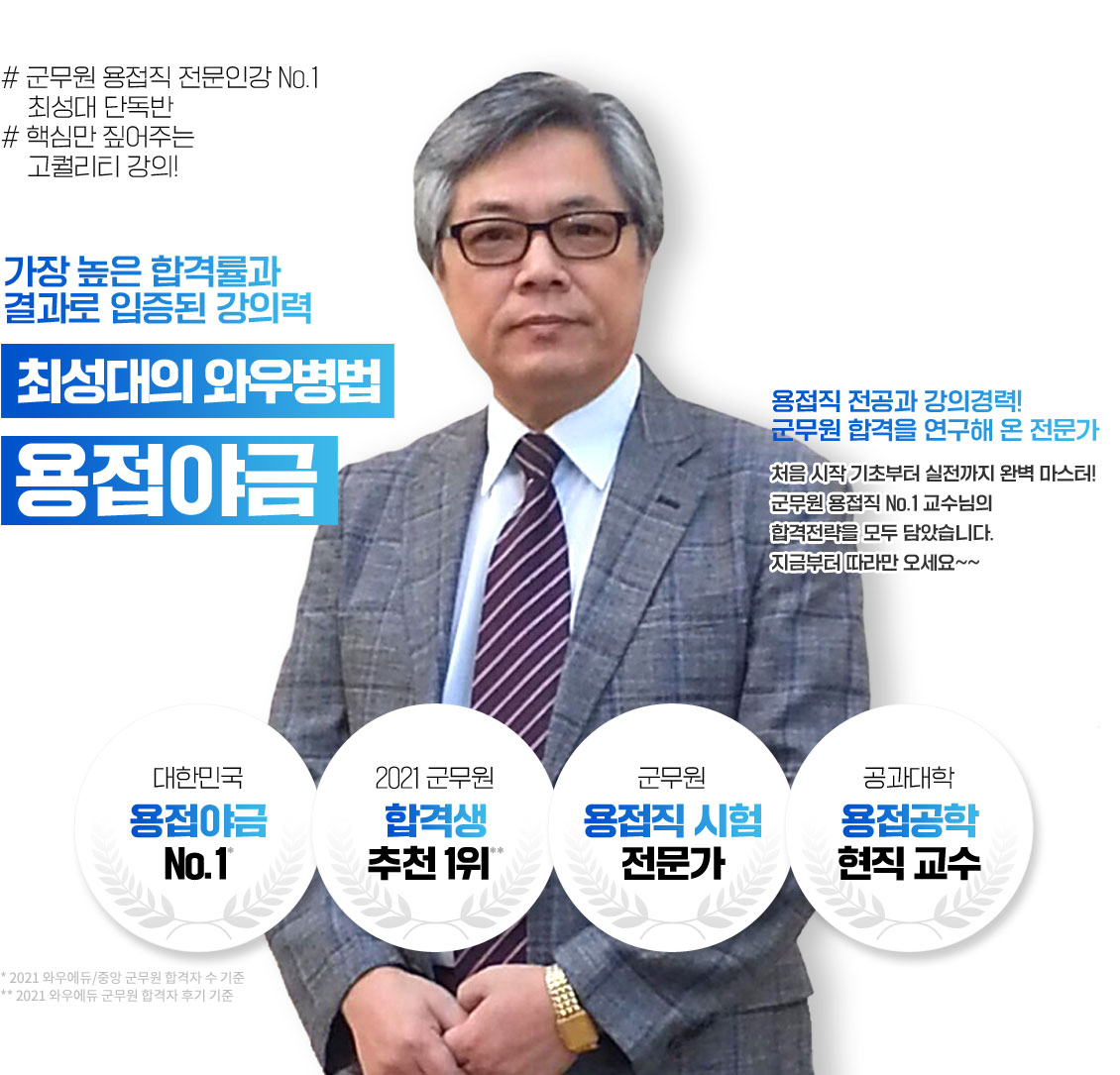





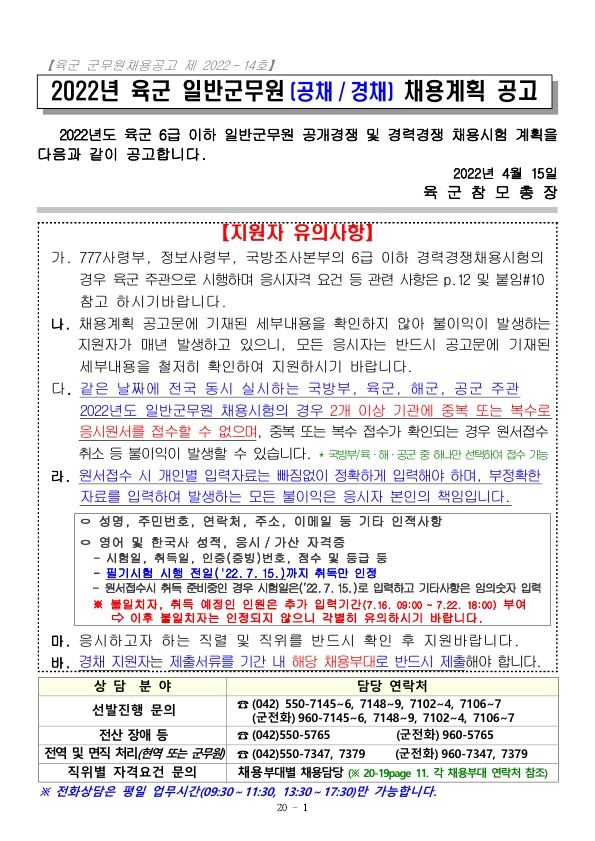


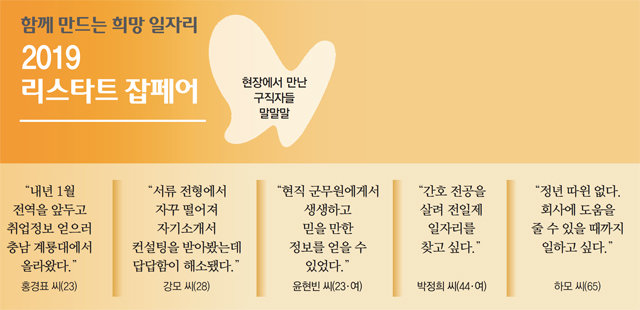
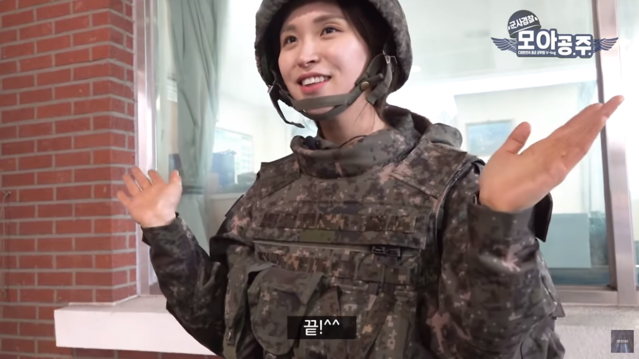

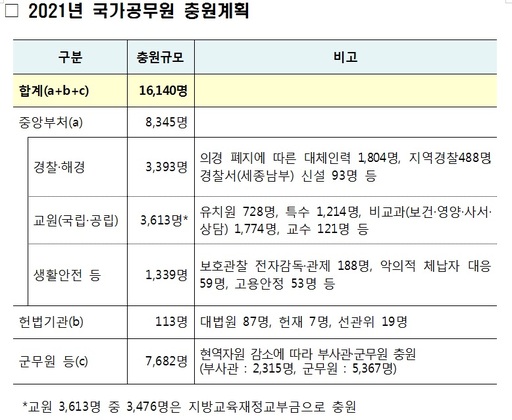

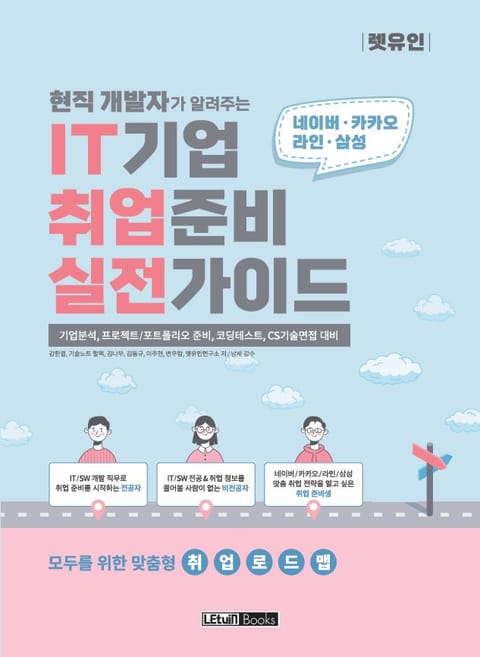




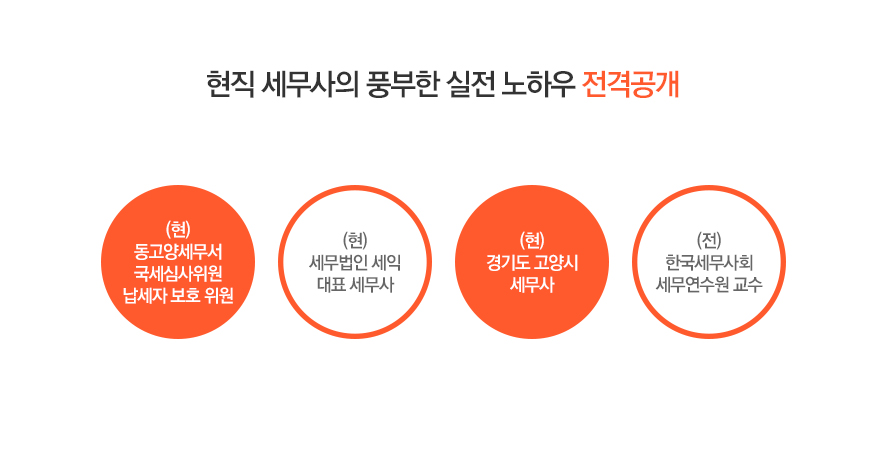

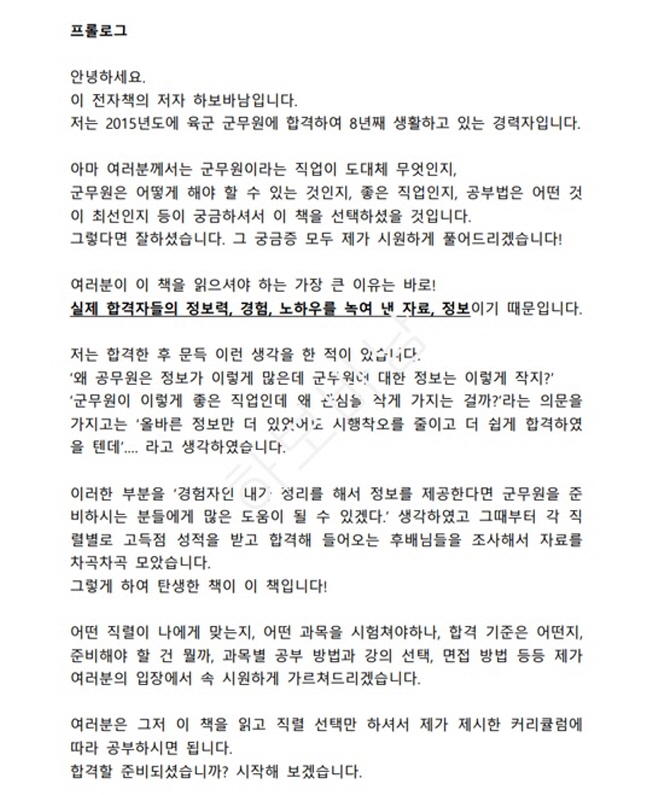


![사연]💌 군무원의 현실 (ft.현직) - YouTube 사연]💌 군무원의 현실 (Ft.현직) - Youtube](https://i.ytimg.com/vi/2hPKDYOnjVM/sddefault.jpg)
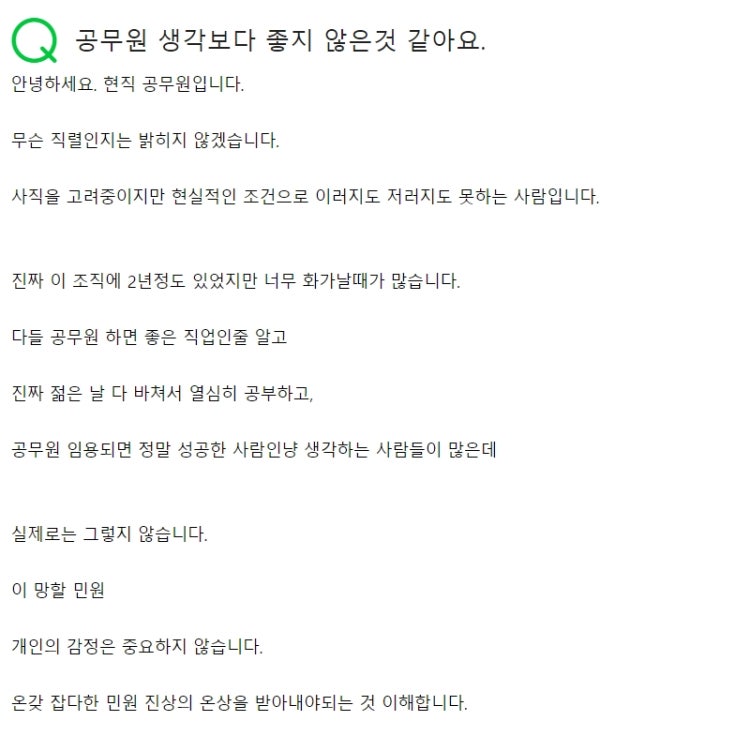
Article link: 군무원 현직.
주제에 대해 자세히 알아보기 군무원 현직.
- 말 많고 탈 많은 현직 군무원 궁금한 거 있으면 질문 받는다.
- 군무원 – [공군] 현직 후기 ..그냥 참고하세용 – 디시인사이드
- 현직 군무원이 느끼는 군무원의 장점과 단점 – 네이버 블로그
- 군무원 현직 계신가요? – 공부 – 에펨코리아
- 군무원 현직이 말하는 단점들…jpg | 웹진 인벤
- 공군 현직 군무원 – 법률저널
- Hashtag #군무원현직 στο Instagram • Φωτογραφίες και βίντεο
- 2018년을 빛낸 방송보도 방송기자상 수상집
- 대한민국 금융 잔혹사 – Kết quả Tìm kiếm Sách của Google
더보기: https://chinhphucnang.com/blogko/